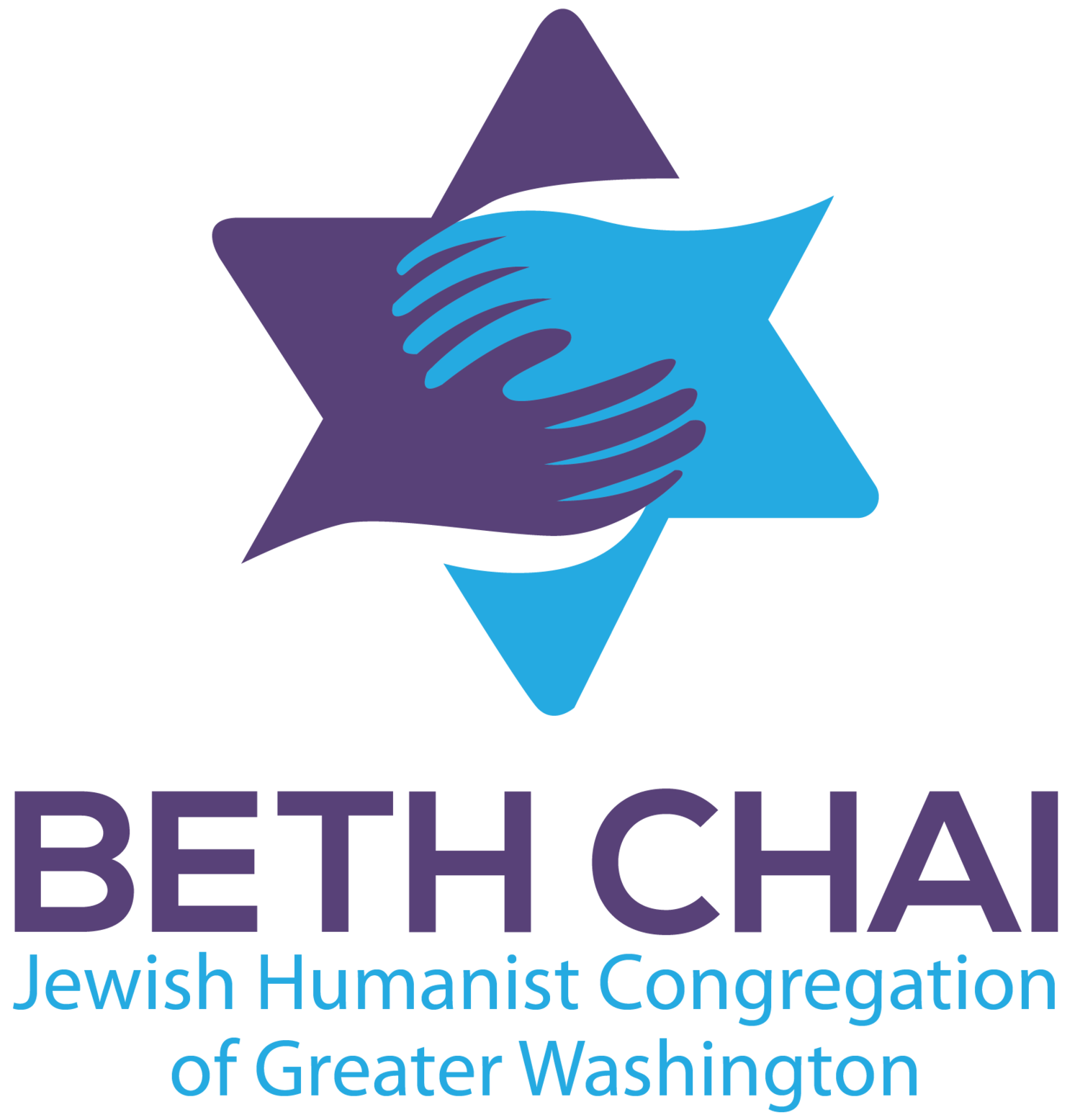UKRAINE - REKINDLING A CONNECTION
My family, like many American Jews, traces its roots back to the Pale of Settlement – a vast area of present-day Poland, Russia, Ukraine, Lithuania, Belarus, and Moldova. In 1791, Russia’s Katherine II established the Pale as the only location permitted to majority of the Russian Empire’s Jewish population. Ninety-five percent of the Empire’s 5.3 million Jews lived in the Pale, simply because they weren’t allowed elsewhere. These laws existed up until 1917. Life in the Pale’s shtetl communities was economically bleak and marred by antisemitism and pogroms. But it also was a cultural center for the Jewish people, an incubator for Yiddish culture, Talmud learning and, eventually, Zionism.
In my family, we don’t know much about the particulars of our history in the Pale. And, this ignorance is by design. By the time my great-great grandparents made it to the United States, they were ready to leave the Pale behind. Poland, Ukraine, Belarus – these were meaningless designations to them, whose borders changed continually. They passed down the culture and religion; they didn’t pass down any sort of allegiance to the region. I believe that many came from near Kyiv but I can’t be certain.
I always got the sense of “good riddance” from the older members of my family. They were Jewish and, quickly in the United States, they became Bostonians on my father’s side and Chicagoans on my mother’s side – from the South Side, thank you very much. And, they tried to quickly forget life in the Pale and its insecurity, antisemitism and unrest. Most importantly, they were done with being downcast, limited and treated as pawns.
It surprised me this week, therefore, when I felt a more personal connection to Ukraine. I attribute it to several factors. The first is a sense of history repeating itself. My family moved beyond the political whims of Russian dictators nearly 150 years ago. It pains me to realize that my ancient history is present-day reality for others. Secondly, the Ukrainian president Volodymyr Zelensky is himself a secular Jew, and, to me, a symbol of how far the region has come. He says that he has experienced very little antisemitism in office and, that fact alone, gives me hope. Thirdly, I know many more recent Jewish immigrants from the former Soviet Union and Eastern Europe who feel a more immediate connection and still have family and friends there. And, fourthly, Ukraine today is home to 43,000 Jews and this population is growing. Watching the rejuvenation of a community so ravished by pogroms then the Holocaust and then Soviet restrictions is refreshing.
But, most importantly, for me, Judaism means standing up for the underdog, it means fighting oppression, it means appreciating freedom and means seeking peace. As a Jew, I look at the Russian invasion of Ukraine and think about the desecration of Shalom, of peace and wholeness.
May this Shabbat be a time of healing. May the people of Ukraine know courage, find safety and somehow find a path to peace.
